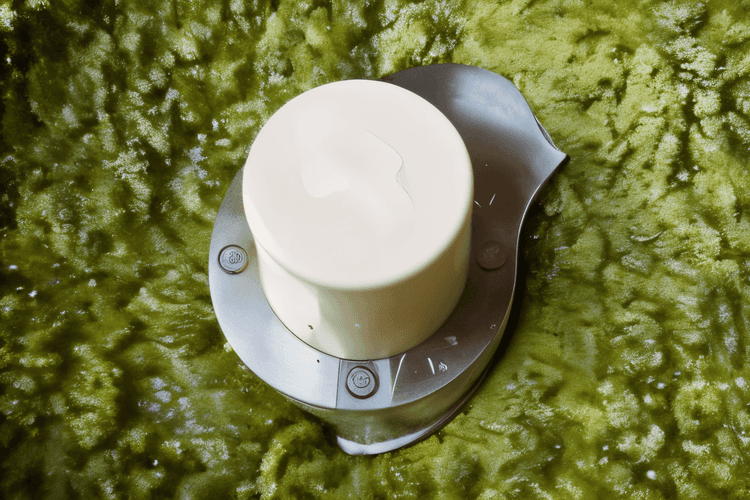Pesto, a green sauce rooted in Mediterranean cuisine, is a versatile and flavorful condiment made primarily with olive oil, nuts, and fresh herbs like basil. This recipe for Classic Genoese Pesto highlights its traditional preparation method using a mortar and pestle, delivering a rich, aromatic sauce perfect for pasta. The story of pesto's origins and its variants, such as pesto alla trapanese, showcases its deep connection to Italian culinary history.
Chefadora AI has the answer - timers, swaps, step-by-step help.
Crush the garlic cloves with the pine nuts, parsley, and basil in a mortar and pestle until you achieve a uniform paste.
Add the grated cheese, half a glass of olive oil, and two or three tablespoons of hot water from the pasta you’ve just boiled and drained.
Continue crushing and mixing until you obtain a homogeneous paste with a medium consistency.
Use a mortar and pestle for the best texture and flavor, as it helps release the natural oils of the ingredients.
If you don’t have a mortar and pestle, you can use a food processor, but be careful not to over-process the ingredients.
For a creamier pesto, add a small amount of ricotta cheese or more olive oil.
Store leftover pesto in an airtight container with a thin layer of olive oil on top to prevent oxidation.
Can I use a food processor instead of a mortar and pestle?
Yes, a food processor can be used, but the texture and flavor may differ slightly from the traditional method.
What type of cheese is best for pesto?
Aged sheep cheese or Parmesan cheese works best for authentic Genoese pesto.
Can I substitute pine nuts with other nuts?
Yes, you can use almonds, walnuts, or pistachios as substitutes for pine nuts.
How long does homemade pesto last?
Homemade pesto can last up to a week in the refrigerator if stored in an airtight container with a layer of olive oil on top.
Can I freeze pesto?
Yes, pesto freezes well. Store it in small portions in an airtight container or ice cube trays for easy use.
